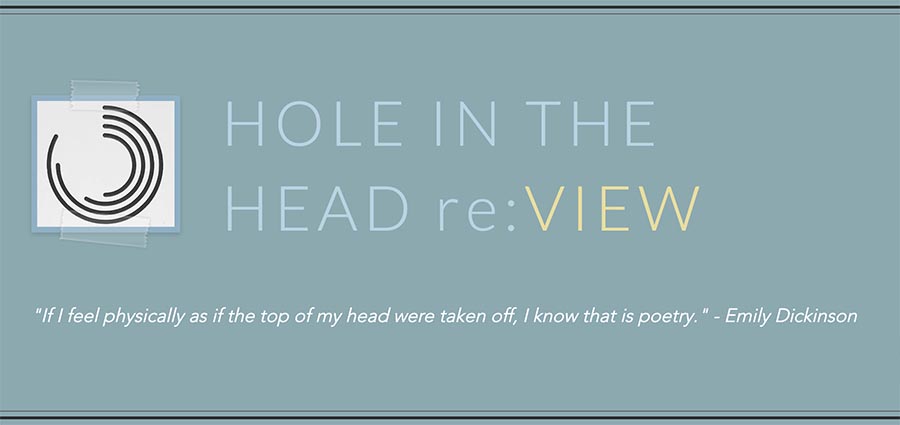Dei Ex Machina
Nut is dying. Nut, my mother the sky goddess who swallows the sun each day then gives birth to light in the morning, lies weak on a narrow pallet in her small room of many gilt-edged mirrors and an old china cabinet of curved glass. She is dark as the earth beneath us, her eyes blackened from death, and she’s languid, turning her head slowly, sighing. What can we do without her, I wonder, as we reminisce about our past together, my childhood, and a trip to Atlantic City, a long wooden pier, the hot sun.
“It’s summer,” she says, “you children are eight or ten years old.”
“Yes,” I reply, “the hotel window is tall, opens in with no screen. Nothing between me and the ocean’s horizon.”
“The bicycles.”
Her laugh, ever so slight, raises infinitesimal motes of dust twinkling dimly in the air between us like distant constellations brought close.
“Your father rents bicycles built for two.”
The beach sand is warm, fine. Bright crystals reflect in the child’s fingers that are my fingers, now, years later. My bones are these grains of sand, faraway tiny little bits, my bones, my loves, my everything, cascading between fingers. Human phantasms walk the boardwalk in blinding sunlight, or glide-by silently on wide-tired bicycles, a tableau, a drama staged by surrealists . . . dei ex machina, the gods descend, the gods descend.
